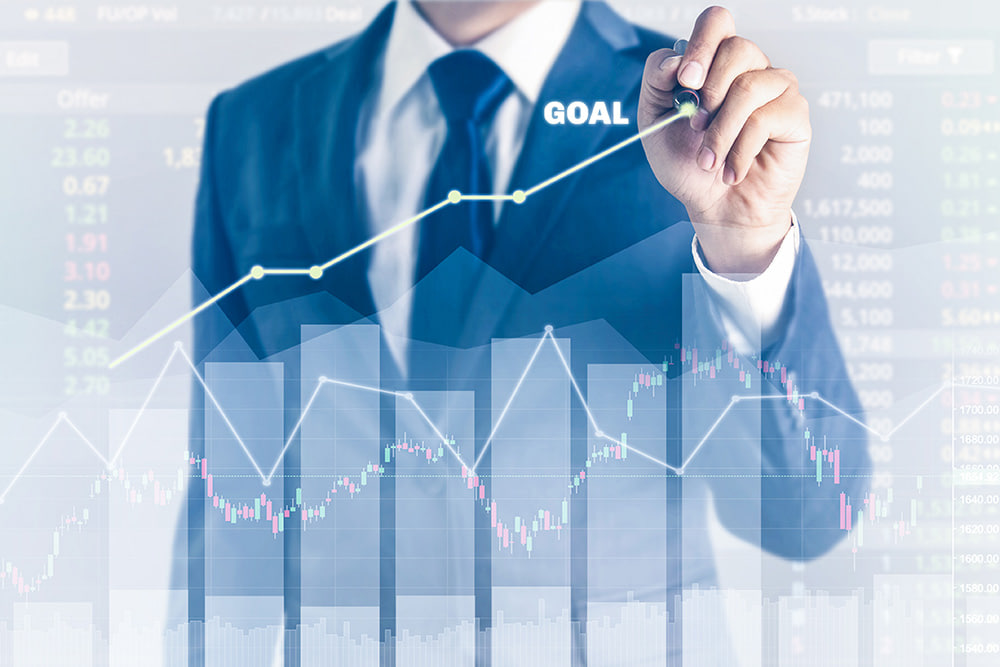Unlocking the Future: How AI is Fueling the New Industrial Revolution
Meta Description: Dive into the exciting world of AI and its transformative role in driving the new industrial revolution. Explore how AI is revolutionizing manufacturing, shaping smart factories, and creating a future where technology and industry dance hand in hand.
The winds of change are blowing through the industrial landscape, and at the heart of this revolution is Artificial Intelligence (AI). It's not just a buzzword; it's the driving force behind a new era of manufacturing, where machines learn, adapt, and collaborate with humans to create a future that's smarter, more efficient, and more sustainable. This isn't just a technological shift; it's a cultural shift, a reimagining of how we work, innovate, and connect with the world around us.
Imagine a world where factories are self-optimizing, where robots learn from experience and collaborate with human workers, and where data flows seamlessly, enabling real-time decision-making. This isn't a futuristic fantasy; this is the reality AI is building.
The Rise of the Smart Factory
AI: The Catalyst for Transformation
The future of manufacturing is smart, and AI is its architect. It's no longer enough to simply automate tasks; we need intelligent machines that can analyze data, predict outcomes, and adapt to changing conditions. This is where AI comes in.
- Predictive Maintenance: Imagine a world where machines can anticipate their own failures before they occur. AI-powered predictive maintenance systems analyze data from sensors to identify potential problems and schedule maintenance proactively, minimizing downtime and production losses. This is a game-changer for industries where downtime is costly.
- Process Optimization: AI algorithms can analyze vast amounts of data to identify bottlenecks, inefficiencies, and areas for improvement. This allows manufacturers to optimize production processes, reduce waste, and increase throughput.
- Quality Control: AI-powered vision systems can inspect products for defects with unparalleled accuracy, ensuring that only the highest-quality goods leave the factory floor. This not only enhances product quality but also eliminates the need for manual inspection, freeing up human workers for more complex tasks.
- Supply Chain Management: AI can optimize supply chains by analyzing historical data, predicting demand fluctuations, and identifying potential disruptions. This ensures that manufacturers have the right materials at the right time, minimizing delays and costs.
Transforming Industries with AI
AI's impact is being felt across every industry, from automotive to aerospace to healthcare.
- Automotive: AI is revolutionizing the automotive industry, playing a key role in autonomous vehicle development, vehicle design, and production optimization.
- Aerospace: From designing lighter and more fuel-efficient aircraft to optimizing manufacturing processes, AI is transforming the aerospace industry.
- Healthcare: AI is already making a difference in healthcare, assisting with diagnosis, drug discovery, and personalized treatment plans.
The Human Element: Collaboration, Not Replacement
It's important to remember that AI isn't about replacing humans; it's about empowering them. AI can handle repetitive and dangerous tasks, freeing up human workers to focus on more creative and strategic activities.
- Augmented Intelligence: AI acts as an extension of human intelligence, providing insights and recommendations that help workers make better decisions.
- Upskilling and Reskilling: The transition to AI-powered industries requires workers to adapt and learn new skills. Training programs and educational initiatives are crucial to ensure that workers have the skills they need to thrive in the future.
The Future is Here: Embrace the AI Revolution
The future of manufacturing is already unfolding, and AI is at its heart. This isn't just a technological shift; it's a fundamental change in how we work, innovate, and connect with the world around us. By embracing AI, we can unlock a future where industries are more efficient, sustainable, and human-centric.
Keywords: AI, Artificial Intelligence, Manufacturing, Industrial Revolution, Smart Factory, Automation, Predictive Maintenance, Process Optimization, Quality Control, Supply Chain Management, New Industrial Revolution, Digital Transformation, Industry 4.0
FAQs
Q: What are the biggest challenges to AI adoption in manufacturing?
A: The biggest challenges include data security and privacy concerns, the need for skilled workers, and the cost of implementing AI solutions.
Q: How can companies prepare for the AI revolution in manufacturing?
A: Companies should invest in data infrastructure, train their workforce, and explore AI solutions that meet their specific needs.
Q: Will AI replace human workers in manufacturing?
A: While AI will automate certain tasks, it's more likely to complement human workers, freeing them up for more complex and strategic roles.
Q: What are the ethical considerations surrounding AI in manufacturing?
A: Ethical considerations include data privacy, bias in algorithms, and the potential for job displacement.
Q: What are some of the potential benefits of AI in manufacturing?
A: Benefits include increased efficiency, improved quality, reduced costs, and enhanced innovation.
Conclusion
The AI revolution is here, and it's transforming the world of manufacturing. By embracing AI, we can unlock a future where industries are more efficient, sustainable, and human-centric. While challenges exist, the potential benefits of AI are too significant to ignore. The future of manufacturing is smart, and the future is now.



